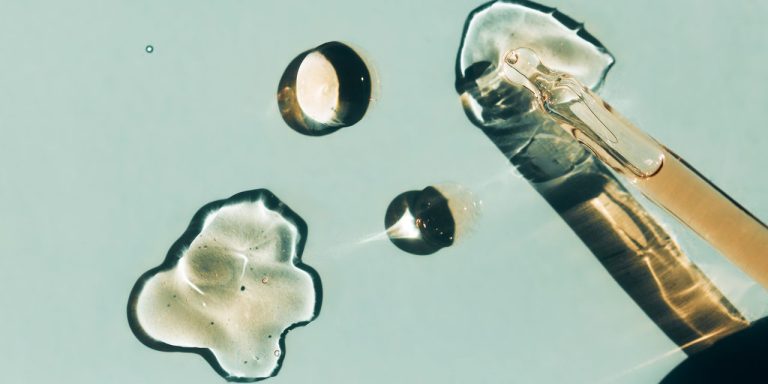
“Probiotics” is without doubt one of the greatest wellness buzzwords to emerge lately, however simply in case you’re not aware of it: The time period typically refers to “good” micro organism that reside in and in your physique, they usually include some research-backed well being advantages. The probiotics you will discover in dietary supplements and fermented meals have acquired probably the most consideration, with specialists and influencers alike often touting them as a panacea for an array of intestine points and a win to your immune system.
However within the final decade or so, these useful little bugs have additionally been proliferating within the skincare world. Topical merchandise with probiotics (serums, moisturizers, cleansers, you identify it) are in every single place, and the purported perks vary from clearing breakouts to combating dryness.
Admittedly, all of it sounds nice. However simply how legit are these claims? The place does the analysis on topical probiotics stand? And in the event that they’re not the end-all-be-all of skin-saving components, what do you have to be utilizing as a substitute? We requested a few high dermatologists to weigh in.
Let’s begin with what we do know: The pores and skin microbiome is a really actual factor.
Whereas probiotic skincare comes with a little bit of a query mark, there’s no denying that micro organism play a task in your pores and skin well being. You’ve most likely heard of the intestine microbiome, however there’s an exterior model, too. “Just like the gastrointestinal tract, the pores and skin has an ecosystem, or a ‘microbiome,’ which consists of micro organism, fungi, viruses, and mites, all of which assist preserve the pores and skin barrier wholesome and robust,” Robyn Gmyrek, MD, a board-certified dermatologist in New York Metropolis tells SELF. “It’s estimated that roughly 1 million micro organism are current per sq. centimeter of the pores and skin.”
Probiotics are a part of this microflora; their perform is to assist the pores and skin’s microbiome keep in steadiness by holding probably dangerous micro organism in verify and stopping them from over-proliferating. In flip, that may assist to spice up barrier well being, management irritation, and forestall water loss in your pores and skin, amongst different advantages, Ryan Turner, MD, a board-certified dermatologist in New York Metropolis and assistant professor on the Albert Einstein Faculty of Drugs, tells SELF.
Equally, a dysfunctional microbiome is related to inflammatory pores and skin situations. Disruption of those microorganisms has been linked to points like pimples, atopic dermatitis (eczema), and rosacea, Dr. Gmyrek says, including {that a} bunch of various elements can set off stated disruption, together with genetics, UV radiation, and even sure cosmetics.
In principle, there’s rather a lot that topical probiotics may do to your pores and skin. In actuality, it’s sophisticated.
If the micro organism in your pores and skin is out of steadiness, including extra of the good things ought to assist, proper? Theoretically, sure, however in terms of sensible software, the jury’s nonetheless out, Dr. Turner says.
“The speculation is that we will exchange pathogens, or dangerous micro organism, with good micro organism and replenish and restore the steadiness of the microbiome, in the end serving to to regulate irritation, enhance hydration, and assist with dry pores and skin, and the like,” he explains. “However the actuality is that everybody has a unique microbiome and we don’t essentially know what microorganisms to placed on a person’s pores and skin. It’s not a one-size-fits-all scenario.” And, in terms of probiotic skincare, the vast majority of the choices on the market all use the identical one or two species of research-backed micro organism—particularly, Lactobacilli and Bifidobacterium.